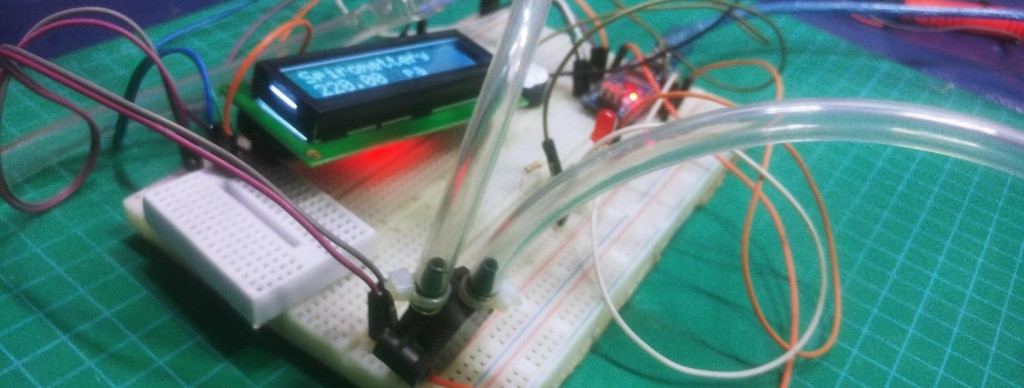University Spin-off AccelerComm Reduces 5G Network Latency Resulting in Significant Power Savings for Mobile Devices
https://makerv2.webteractive.co/blog/university-spin-off-accelercomm-reduces-5g-network-latency-resulting-in-significant-power-savings-for-mobile-device-users
University of Southampton spin-off AccelerComm unveils a breakthrough 5G cellular optimization technology that delivers the highest throughput and lowest latency forward error connection IP.
An Introduction to SPI Communications Protocol
https://makerv2.webteractive.co/custom/tutorial/an-introduction-to-spi-communications-protocol
Learn how the serial peripheral interface (SPI) communications protocol works and tips for its implementation in design.
A Guide to Spintronics for the Electronics Industry
https://makerv2.webteractive.co/blog/guide-to-spintronics-for-the-electronics-industry
Spintronics are taking an exciting turn forward as quantum interfaces, nanostructures, and condensed-matter physics become an important research area.
Tokyo Institute of Technology Explores Spintronic RAMs to Create the Storage Devices of the Future
https://makerv2.webteractive.co/blog/tokyo-institute-of-technology-explores-spintronic-rams-to-create-the-storage-devices-of-the-future
Researchers from the Tokyo Institute of Technology have analysed a new material combination that explores magnetic random access memories (MRAM) to create highly performant storage devices.
3D Photodetectors Inspired by Spider Webs
https://makerv2.webteractive.co/blog/3d-photodetectors-inspired-by-spider-webs
Spider webs have inspired a recent innovation from Purdue University, particularly in the field of photodetectors. This is as the formations that are weaved by spiders are not just complex and fascinating—they’re capable of forming very strong nets with high mechanical resistance.
Miniature Molybdenum Disulfide and Iron Magnets Enable Spin + Charge Transistor Technology
https://makerv2.webteractive.co/blog/miniature-molybdenum-disulfide-and-iron-magnets-enable-spincharge-transistor-technology
The two-dimensional molybdenum disulfide material combines ferromagnetism and semiconductivity to help set the stage for future logic and memory devices based on spintronics.
Achieving Higher Energy Efficiency in Electronics with the University of Groningen’s Electron-Spin Transistor
https://makerv2.webteractive.co/blog/achieving-higher-energy-efficiency-in-electronics-with-the-university-of-groningens-electron-spin-transistor
Moore’s law, proposed in 1965 by Intel co-founder Gordon Moore, famously states that the number of transistors in an integrated circuit doubles every two years.
Common Communication Peripherals on the Arduino: UART, I2C, and SPI
https://makerv2.webteractive.co/arduino/tutorial/common-communication-peripherals-on-the-arduino-uart-i2c-and-spi
Learn the differences between three common communication peripherals found on Arduinos: UART, SPI, and I2C.




